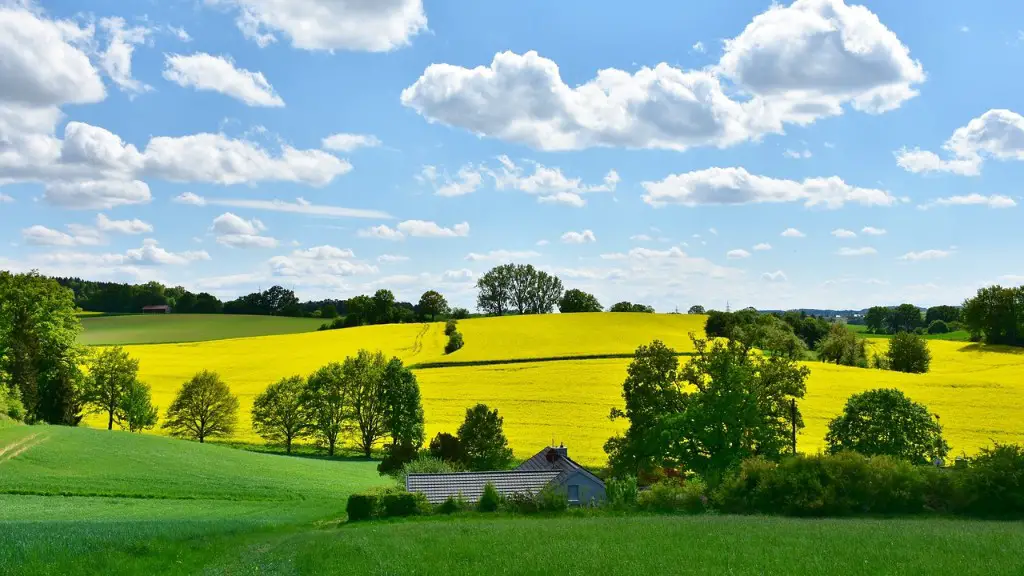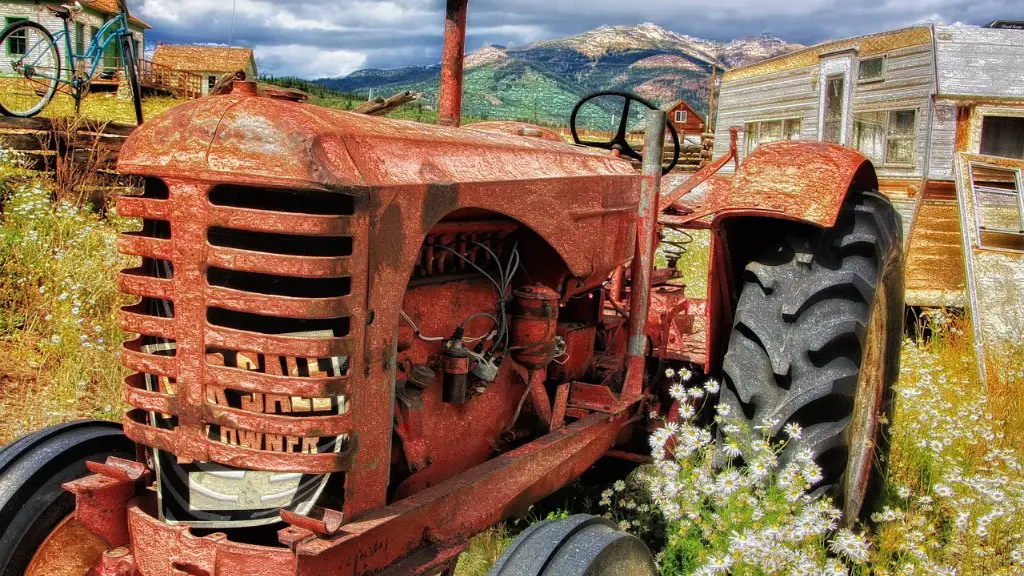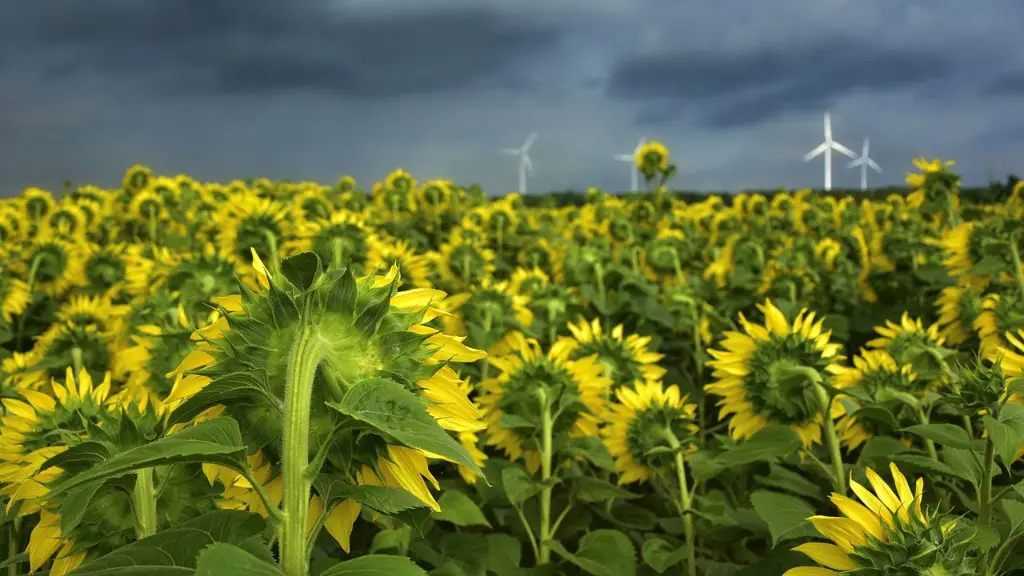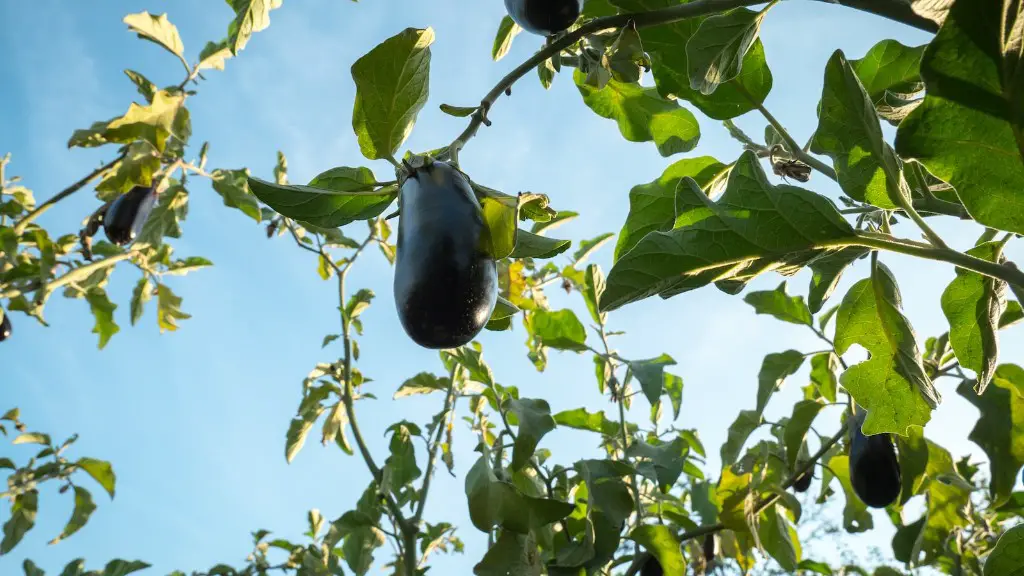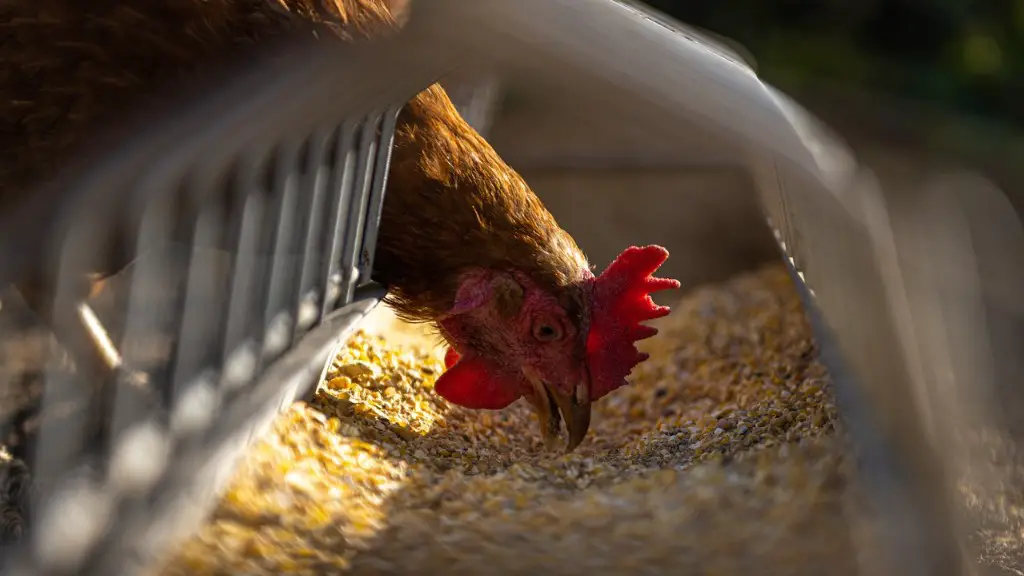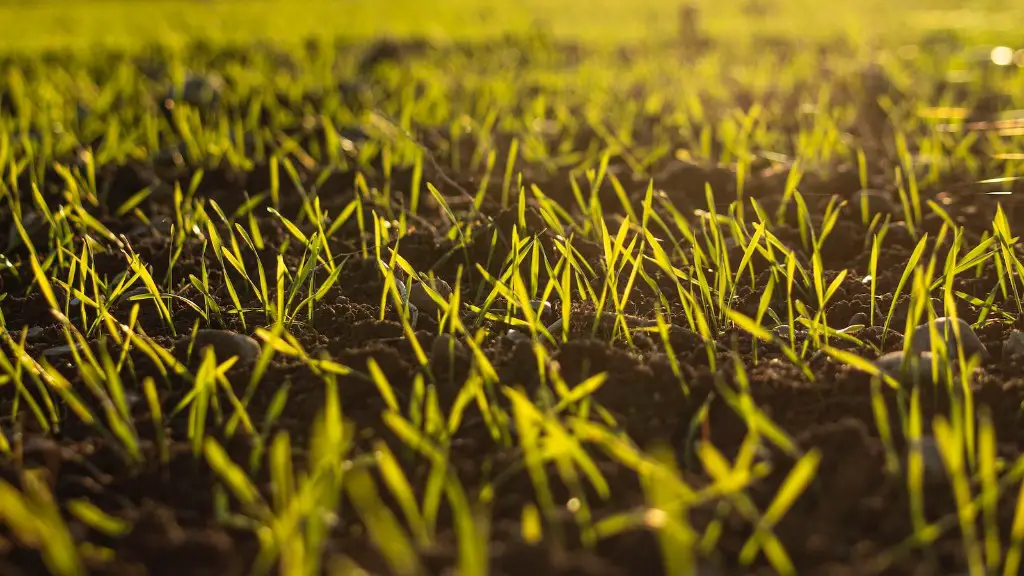Animal agriculture is the raising of animals for meat, dairy, and egg production. It is a major contributor to climate change, pollution, and deforestation. Animal agriculture is also a leading cause of animal cruelty. Despite these concerns, many people believe that animal agriculture is necessary for the food security of the world.
No, animal agriculture is not sustainable. It is one of the leading causes of climate change, water depletion, and soil erosion. Moreover, it is a major contributor to habitat loss and animal cruelty.
Why is animal agriculture unsustainable?
Animal agriculture is one of the leading drivers of deforestation and other forms of land exploitation. It is a major threat to vital ecosystems all over the world. The demand for animal products is rising, and industrialized animal agriculture is putting a strain on our planet’s resources. We need to find more sustainable ways to produce food if we want to protect our planet and its inhabitants.
Livestock play a vital role in sustainable food systems. They provide manure, which is a critical source of natural fertilizer, and can also be used as draft animals to boost productivity in regions where there is low mechanization. In addition, livestock can provide other valuable products such as milk, meat, and leather. Therefore, sustainable food systems must include livestock in order to be truly effective.
Is animal agriculture harmful to the environment
The animal agriculture industry is the leading cause of most environmental degradation that is currently occurring. These detrimental effects happen due to overgrazing, habitat loss, overfishing, and more. We are currently in the next mass extinction and animal agriculture is only fueling this catastrophe.
Good animal health is essential for reducing greenhouse gas emissions. By ensuring that animals are healthy and productive, we can reduce the number of unproductive animals that emit greenhouse gas emissions. A study in Scotland found that better treatment of key diseases in cows and sheep could create significant savings in GHG emissions. By investing in good animal health, we can make a significant impact on reducing GHG emissions.
How inefficient is animal agriculture?
Meat production is highly inefficient, requiring large amounts of grain, water, and land. To produce one kilogram of beef requires 25 kilograms of grain and roughly 15,000 litres of water. This is particularly true for red meat production. Therefore, meat production places a significant strain on our resources.
Animal agriculture is a major contributor to greenhouse gas emissions. The sector is responsible for 154 percent of global greenhouse gas emissions, of which around 24 percent is nitrous oxide, 26 percent is methane, and 50 percent is carbon dioxide. Animal agriculture is a significant contributor to climate change, and it is important to take steps to reduce its impact.
What type of agriculture is the most sustainable?
Sustainable farming practices are those that are designed to protect and improve the natural environment, while still being productive. sustainable farms are typically more environmentally friendly and efficient than traditional farms.
Permaculture is a system of sustainable agriculture that emphasizes the use of native plants, animal husbandry, and natural resources.
Aquaponics is a method of growing plants in water that is rich in nutrients from fish waste. This type of system is environmentally friendly because it recycles water and eliminates the need for chemical fertilizers.
Hydroponics is a type of agriculture that uses water instead of soil to grow plants. This method is more efficient than traditional agriculture because it uses less water and eliminates the need for pesticides.
Crop rotation is a sustainable farming practice that involves growing different crops in different areas of the farm in order to replenish the soil.
Polycultures are another sustainable farming practice that involves growing multiple crops in the same area. This method increases biodiversity and helps to control pests and diseases.
Trees can increase crop yields by providing shelter, shade, and wind protection. They also help to improve soil quality and increase water retention.
Wrapping it up, sustainable farming practices are those that are designed to protect
Animal agriculture is not environmentally sustainable for a number of reasons. The factory farming industry has a disproportionate impact on the environment, and animals are used and disposed of at high rates. These practices are not sustainable in the long term and will have a negative impact on the environment.
What type of agriculture is sustainable
Sustainable agriculture is an integrated system of plant and animal production practices having a site-specific application that will over the long-term: Satisfy human food and fiber needs.
Livestock production is one of the main sectors of the agricultural industry, and it plays a significant role in the global economy. However, livestock production also has a significant impact on the environment. Some of the important environmental issues that impact livestock production include global warming, tropical deforestation, water-use issues, rangelands and desertification, and livestock-wildlife interactions.
Climate change is one of the biggest environmental threats to livestock production. Rising temperatures and changes in precipitation patterns are expected to reduce grazing land and water availability, and (possibly) increase the spread of diseases. Global warming could also lead to increases in the intensity and frequency of extreme weather events, which could be disastrous for livestock production.
Tropical deforestation is another major environmental issue that impacts livestock production. Deforestation alters local climate, increases soil erosion, and decreases the availability of water and grazing land. It also destroys the habitat of many animals, leading to increases in livestock-wildlife conflicts.
Water-use issues are also a major concern for the livestock industry. Livestock production is a very water-intensive activity, and it is estimated that the livestock sector uses about 15% of the world’s freshwater resources. This is a significant environmental issue,
Are farms cruel to animals?
On factory farms, animals are routinely subjected to mutilations, extreme confinement, and other practices that benefit human consumers. Generally, these practices are harmful to the animals.
The livestock sector is a significant contributor to environmental problems at both the global and local level. Globally it is one of the largest sources of greenhouse gases (GHG) and one of the leading causal factors in the loss of biodiversity, and in developed and emerging countries it is perhaps the leading source of water pollution. In addition, the sector is a major contributor to land degradation and unsustainable use of natural resources. The livestock sector is thus a key area of focus in terms of its impact on the environment.
Why is animal agriculture sustainable
Livestock production can play an important role in sustainable agriculture by providing a quality source of plant nutrients, generating income, and using certain lands in an environmentally responsible way.
Livestock that primarily live on pasture are an essential part of sustainable farming systems. They provide nutrient dense meat and milk, as well as sustainable fibres such as wool, from the grass and legume plants that would be inedible to humans. Livestock production has received a lot of criticism in recent years, but pasture-based systems have been shown to be more environmentally sustainable than other methods of livestock production.
What is the role of animals in sustainable agriculture?
Livestock play an important part in sustainable food systems. For example, manure is an important source of natural fertilizer, and livestock utilized as draught animals can help enhance production in areas where automation is limited. For vulnerable communities, livestock is a valuable resource.
The world’s population is growing and meat consumption is increasing. The demand for food is outstripping the available resources and we need to find a way to sustainably increase food production. One way to do this is to reduce meat consumption, which would free up resources for other foods. Another way is to increase the efficiency of food production, for example by using more efficient farming practices.
What would happen if we stopped animal agriculture
If we all gave up meat, around eight million fewer people would die each year, as a result of lower levels of heart disease, strokes and cancer. This is a significant number and would have a positive impact on public health. However, it is important to note that most crops have lower levels of micronutrients per calorie than meat – especially vitamins A, B12 and D, and some essential fatty acids. This means that people who consume a vegetarian or vegan diet need to be mindful of getting these nutrients from other sources in order to maintain their health.
It’s no surprise that beef is the worst offender when it comes to environmental impact. The amount of land and water required to produce beef is staggering, and the resulting greenhouse gas emissions are devastating. But what many people don’t realize is that cheese is also a major contributor to environmental damage. A recent study from Oxford University found that the GHG emissions and land use for dairy beef are 36 and 6 times greater than those of peas. So, while cheese may not be as bad as beef, it’s still far from being environmentally friendly. If you’re looking to reduce your impact on the planet, cutting back on dairy (and beef) is a good place to start.
Final Words
There is no single answer to this question as it depends on a number of factors, including the type of animal agriculture, the resources available, and the management practices used. Some types of animal agriculture may be more sustainable than others, and some farms may be better able to implement sustainable practices than others. Ultimately, however, it is up to each individual farm to determine whether or not they are willing and able to commit to sustainable practices.
The sustainability of animal agriculture is a complex issue. There are many factors to consider, such as land use, water use, energy use, greenhouse gas emissions, and the welfare of the animals themselves. It is clear that animal agriculture has a significant impact on the environment and on the animals involved. However, it is also clear that animal agriculture is an important part of the global food system, and that it can be done in a way that is humane and environmentally responsible.
